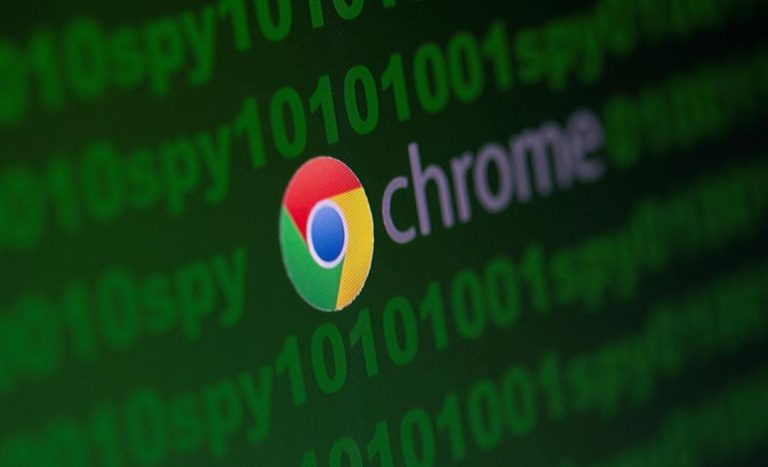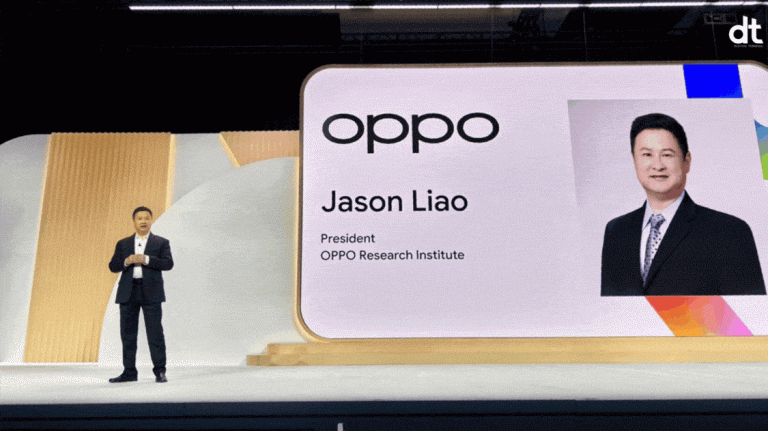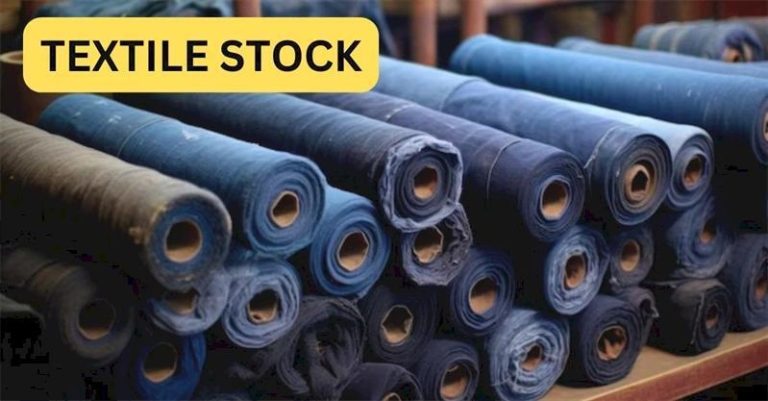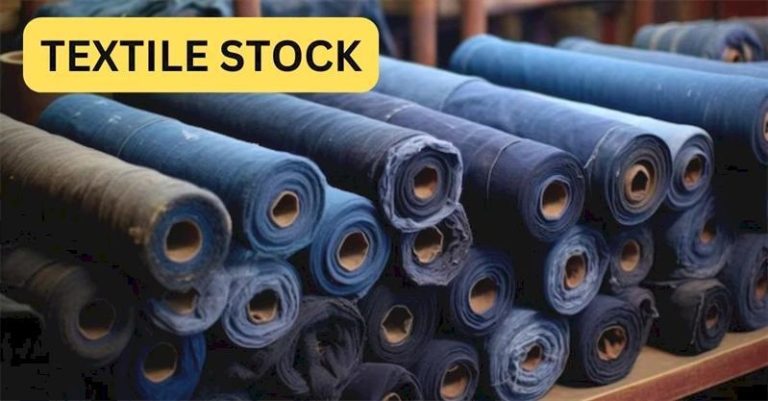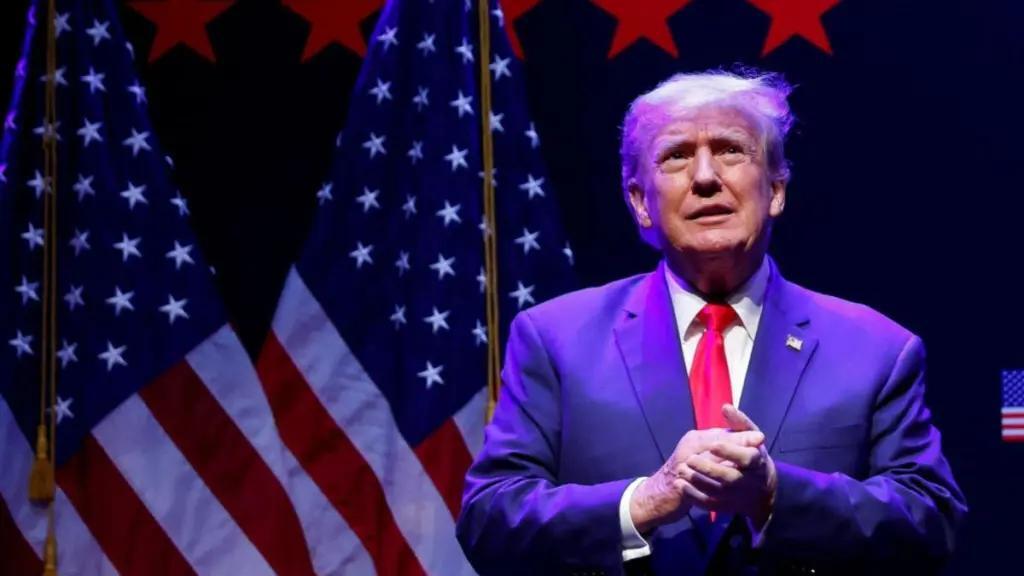
Donald Trump Exempts Smartphones & Computers from Reciprocal Tariffs: A Relief for Tech Giants
In a move that has sent ripples across the tech industry, United States President Donald Trump has excluded smartphones, computers, and other electronic items from the reciprocal tariffs imposed on Chinese goods. The exemption, announced through a Customs and Border Patrol notice, comes amid concerns by tech giants, including Apple, that gadget prices may rise due to Trump’s tariffs, as many of them are manufactured in China.
The reciprocal tariffs, which were imposed in response to China’s alleged unfair trade practices, have been a contentious issue in the ongoing trade war between the two nations. The tariffs, which range from 10% to 25%, have been applied to a wide range of goods, including electronics, textiles, and machinery. However, the exemption for smartphones, computers, and other electronic items is a significant departure from the previous tariffs.
The exemption is a relief for tech giants, including Apple, Samsung, and Intel, which rely heavily on Chinese manufacturing facilities to produce their products. The companies had been vocal about the concerns of rising costs and potential price increases for consumers if the tariffs were applied to their products.
In a statement, Apple said that the exemption would help to minimize the impact of the tariffs on its customers and employees. “We appreciate the Administration’s decision to exempt certain electronics, including our products, from the tariffs,” the company said. “We believe that tariffs are taxes on consumers, and that they should be avoided whenever possible.”
Samsung, another major tech company, also welcomed the exemption, saying that it would help to maintain the competitiveness of its products in the global market. “We appreciate the Administration’s decision to exempt certain electronics, including our products, from the tariffs,” the company said. “We believe that tariffs are harmful and can lead to higher prices for consumers.”
The exemption is seen as a significant victory for the tech industry, which has been vocal about the need for a more nuanced approach to trade policy. The industry has long argued that tariffs are a tax on consumers and can lead to higher prices for products.
The exemption is also seen as a significant departure from Trump’s earlier statements on tariffs. In the past, Trump had been vocal about his desire to impose tariffs on all Chinese goods, including electronics. However, the exemption suggests that the Administration is willing to listen to concerns from industry stakeholders and make adjustments to its trade policy.
The exemption is also seen as a positive development for the Chinese economy, which has been heavily reliant on exports to the United States. The tariffs had been seen as a major threat to China’s economic growth, and the exemption is likely to provide relief to Chinese manufacturers and exporters.
The exemption is also seen as a significant development in the ongoing trade talks between the United States and China. The two nations have been engaged in a series of trade talks aimed at resolving their differences and reaching a trade agreement. The exemption is seen as a positive sign that the two nations are willing to work together to find a solution.
In conclusion, the exemption of smartphones, computers, and other electronic items from the reciprocal tariffs is a significant development in the ongoing trade war between the United States and China. The exemption is a relief for tech giants, including Apple and Samsung, which rely heavily on Chinese manufacturing facilities to produce their products. The exemption is also seen as a positive sign for the Chinese economy, which has been heavily reliant on exports to the United States. The development is a significant departure from Trump’s earlier statements on tariffs and suggests that the Administration is willing to listen to concerns from industry stakeholders and make adjustments to its trade policy.

